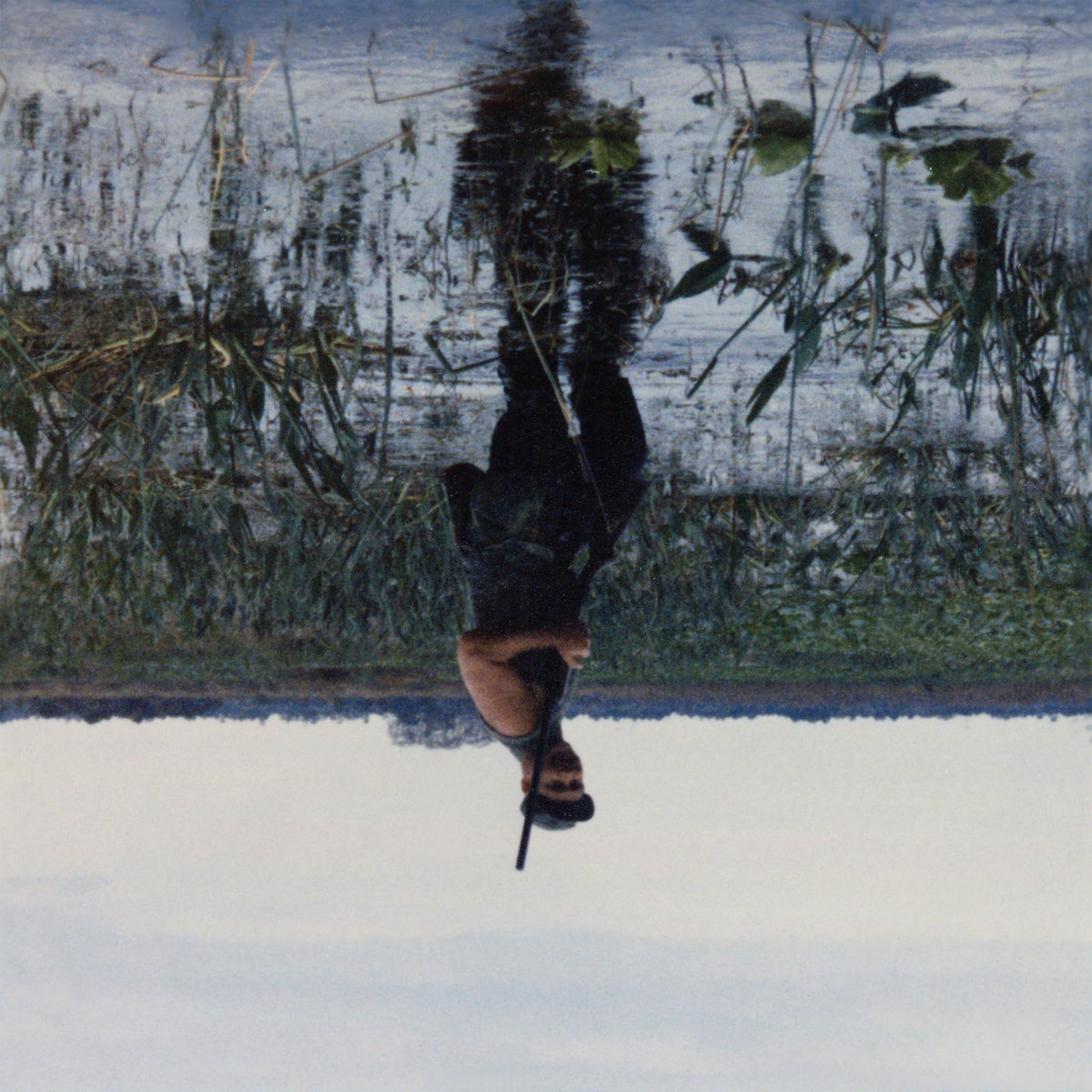Knifeplay
Animal Drowning
TOPSHELF
TJ Strohmer has seen some shit. The expressive frontperson of Philly-based shoegaze troupe Knifeplay fills his songs with loss and pain and misery, going deep in a genre that’s routinely mocked for being a bit shallow. Strohmer wields these narratives with an androgynous, almost shellshocked vocal quiver uniquely suited to deliver agony while backed by a band that achieves immense volume without sacrificing texture. These are songs built up from traditional rock elements, but augmented by strings and keys and other elements that play with a symphonic depth far beyond their peers. Most of the songs on their latest LP Animal Drowning use orchestral sweeps to raise tension to heart-wrenching effect, as opposed to the standard guitar stack crunch. It’s an impressive twist on a precious sound that places Knifeplay in a rarefied class of their own.
Animal Drowning opens with “Nobody,” whose circular acoustic guitars cheekily build into an archetypal wall of sound without breaking a sweat. Strohmer comes in slowly, letting the song crest before looking ahead to what he’ll do when it's time to meet his maker. Conversely, the slouching mid-album stunner “Bleed” is a vehicle for Strohmer to talk shit about performative trauma dumping while a serrated guitar line cuts across. He’s no less subtle on the chiming “Promise,” where the record’s brightest melody betrays a startling mantra about the futility of the American Dream, as told through the lens of beloved fictional mafioso Tony Soprano. “You’re born into this shit,” he quotes, “and you are what you are.”
Therein lies something like the crux of Animal Drowning. While it’s true we’re sold an obvious bill of goods about hard work, determination, and upward mobility, you’ve gotta admit it’s a little funny that everyone still believes in it. For a split second, the song appears to ring out on that very thought before quickly returning to the not-so-nasty riff but harder. This isn’t the first time Knifeplay’s fucked with the format, recalling the warbling multi-fade-out on “Suffer” from 2019’s Pearlty which sounded like someone leaned on the wrong knob.
The record’s most dire number has to be the haunting, piano-led “Ryan Song.” The track’s chilling tone and barebones construction deviate so far from the band’s tried-and-true approach that its initial inclusion on the record made some band members uncomfortable. In reality, its blurry production and big questions about the way we idolize suffering make it of a piece with a record that stares right into the void.
When thinking about big-event indie rock albums in the year 2022, one can’t help but draw a comparison between Knifeplay’s animal-as-man metaphor and a certain other canine-obsessed Philadelphian. Which makes for an interesting analog: one album an unflinching look at harm and the ways it manifests in society, and the other a willful embrace of a faith that’s not explicitly religious, but certainly rooted in humanity. Ultimately it’s not a stretch to suggest both circle a similar idea about the ways in which we interact with the world around us. Which is to say that while the world according to Knifeplay might seem a bit grubby and uncomfortable, they describe it evocatively and without reservation. Their point of view is a vital addition to the underground landscape.







